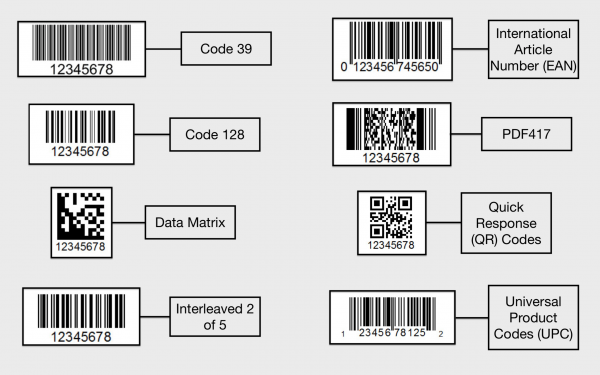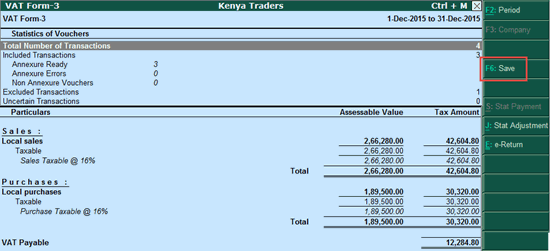
In the Django documentation, which will produce a URL of the form You can see this in action if you do a search The URL contains the address where the data must be sent, as GET, by contrast, bundles the submitted data into a string, and uses this GET and POST are the only HTTP methods to use when dealing with forms.ĭjango’s login form is returned using the POST method, in which the browserīundles up the form data, encodes it for transmission, sends it to the server, Should be sent using the HTTP mechanism specified by the method attribute. Specified in the ’s action attribute - /admin/ - and that it It also tells the browser that the form data should be sent to the URL It also contains some hidden text fields that the userĭoesn’t see, which Django uses to determine what to do next. Type="password" for the password, and one of type="submit" for the

elements: one of type="text" for the username, one of

Others are much more complex an interface that pops up aĭate picker or allows you to move a slider or manipulate controls will

Some of these form interface elements - text input or checkboxes - are built Objects or controls, and so on, and then send that information back to the thatĪllow a visitor to do things like enter text, select options, manipulate In HTML, a form is a collection of elements inside.


 0 kommentar(er)
0 kommentar(er)
